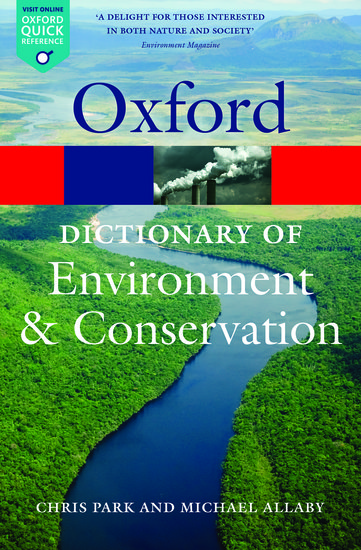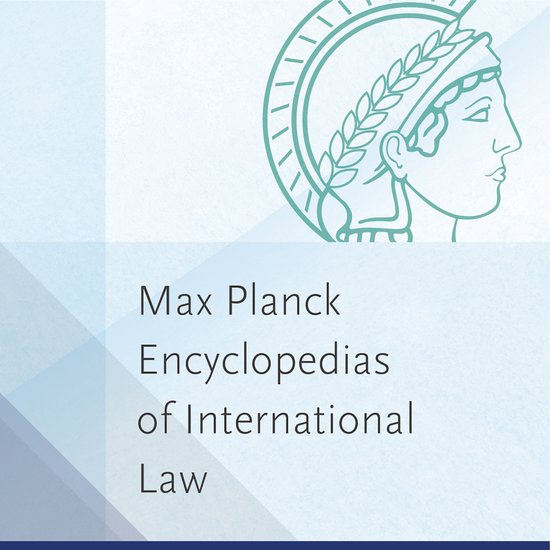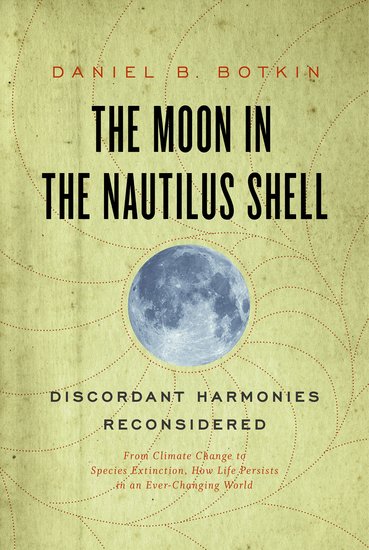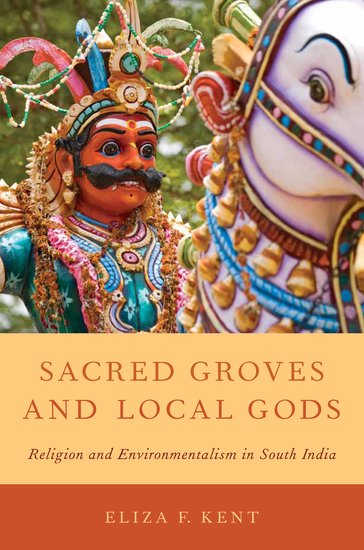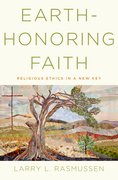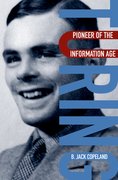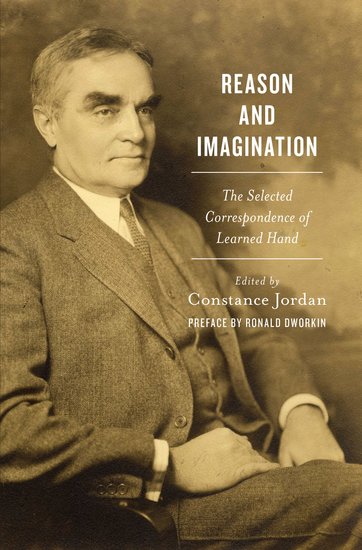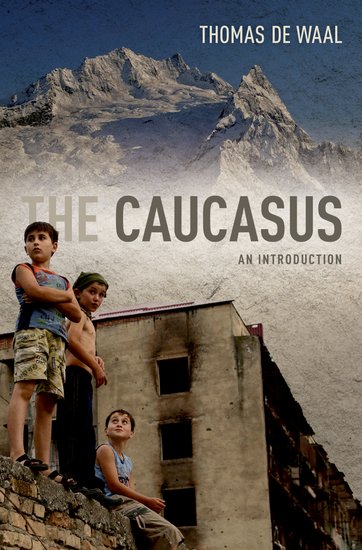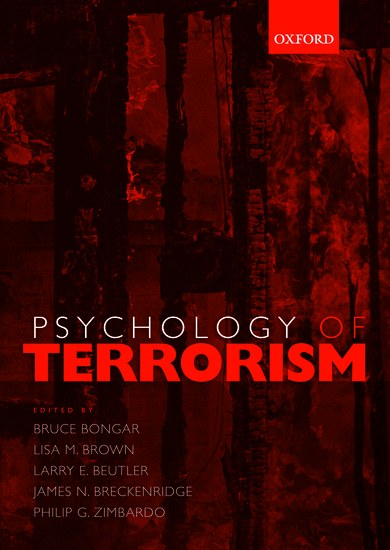Obrigado por participar da Semana da Biblioteca Nacional
Obrigado a todos que participaram no período de acesso gratuito à Oxford Reference e ao OED pela Semana da Biblioteca Nacional. Tanto o OED quanto a Oxford Reference oferecem algum conteúdo gratuito adicional para o público e ambas estão disponíveis para teste gratuito por um período de 30 dias.



